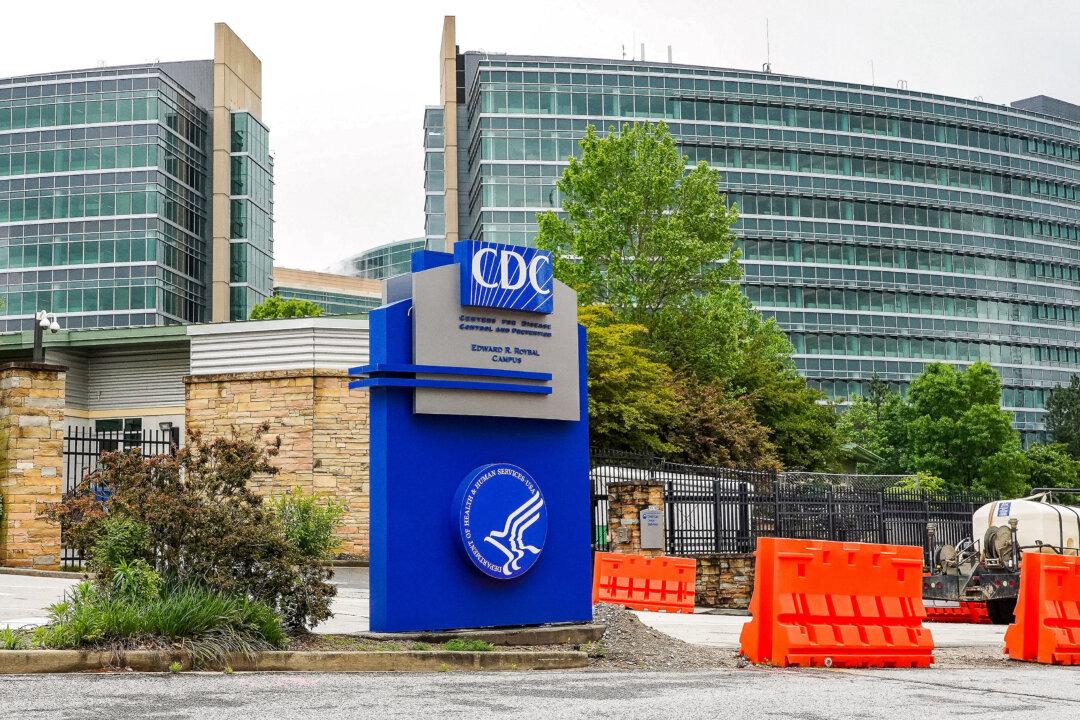The U.S. Centers for Disease Control and Prevention (CDC) is sending a team to investigate a measles outbreak at a Chicago center housing illegal immigrants, the federal agency confirmed Tuesday.
“CDC is sending a team of experts to support the local response to the recent measles cases with arrival expected tomorrow,“ the federal health told news outlets, adding that ”we will continue to provide updates as more information becomes available.”





